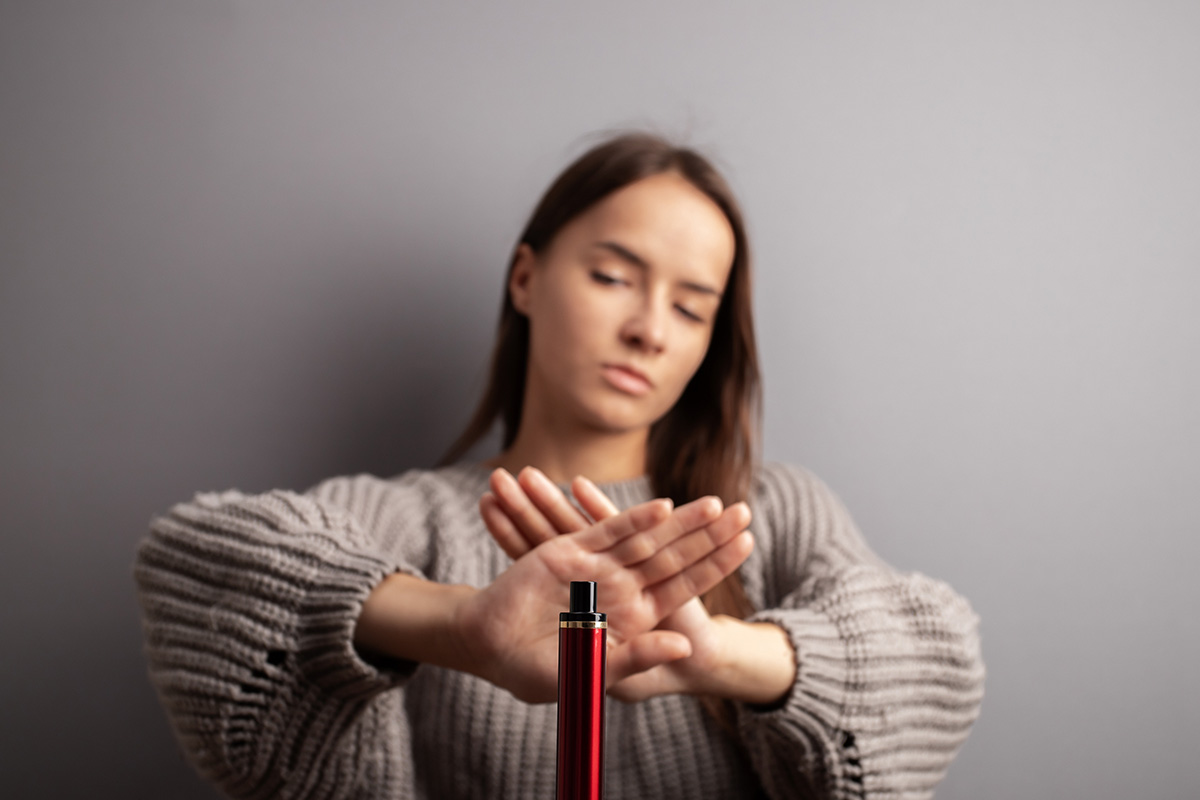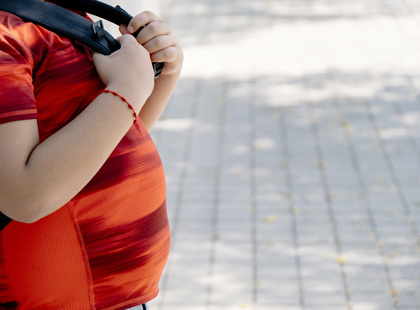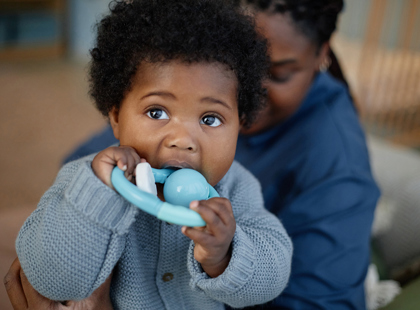
By Dr. Lori Goodwin, Newport News Pediatrics
Using vape products or e-cigarettes, sometimes referred to as “juuling,” is a dangerous behavior among teens and young adults. Young people use vape products more than any other tobacco product.
Nicotine affects the brain.
Most vapes contain nicotine, an addictive chemical that can harm the brain. The developing adolescent brain is especially susceptible to nicotine addiction, which progresses faster in kids than adults. In addition to changing the way connections are formed between brain cells, nicotine affects the parts of the brain that control attention, learning, mood, and impulse control. Nicotine users may also be at increased risk of developing other drug addictions.
Vaping products may look like school supplies.
Vape products normalize smoking to teens and often come in a variety of flavors designed to appeal to younger ages. The tobacco industry has a history of marketing flavored tobacco products that attract teens.
Some vapes are designed to look like flash drives, pens, pencil sharpeners, or lighters. They may be rechargeable or refillable. Vape products are known by various names. Teens might call them e-cigs, vape pens, mods, nic sticks, or e-hookah. They might also call them by their brand names.
Middle and high school students are most likely to try vaping if it’s something their friends do. Students may be likely to continue using these products due to feelings of anxiety, stress, or depression. These feelings can also be caused by nicotine addiction or withdrawal, leading to a cycle. Most students who use vape products want and have tried to quit.
To combat rising numbers of teen vaping, the legal age to buy tobacco and nicotine products in Virginia was raised in 2019 from 18 to 21 years of age.
Children mimic their parents’ behavior.
Parents can set a positive example by not vaping, smoking cigarettes, or smoking cigars. Make sure your child is not exposed to secondhand smoke from tobacco products. You may want to discuss this with other family members or your child’s care providers.
Talk to your kids about why vaping is bad for them. Focus on having a conversation, not a lecture. If your child is currently using vape products, ask your pediatrician for advice on how to help them quit.






